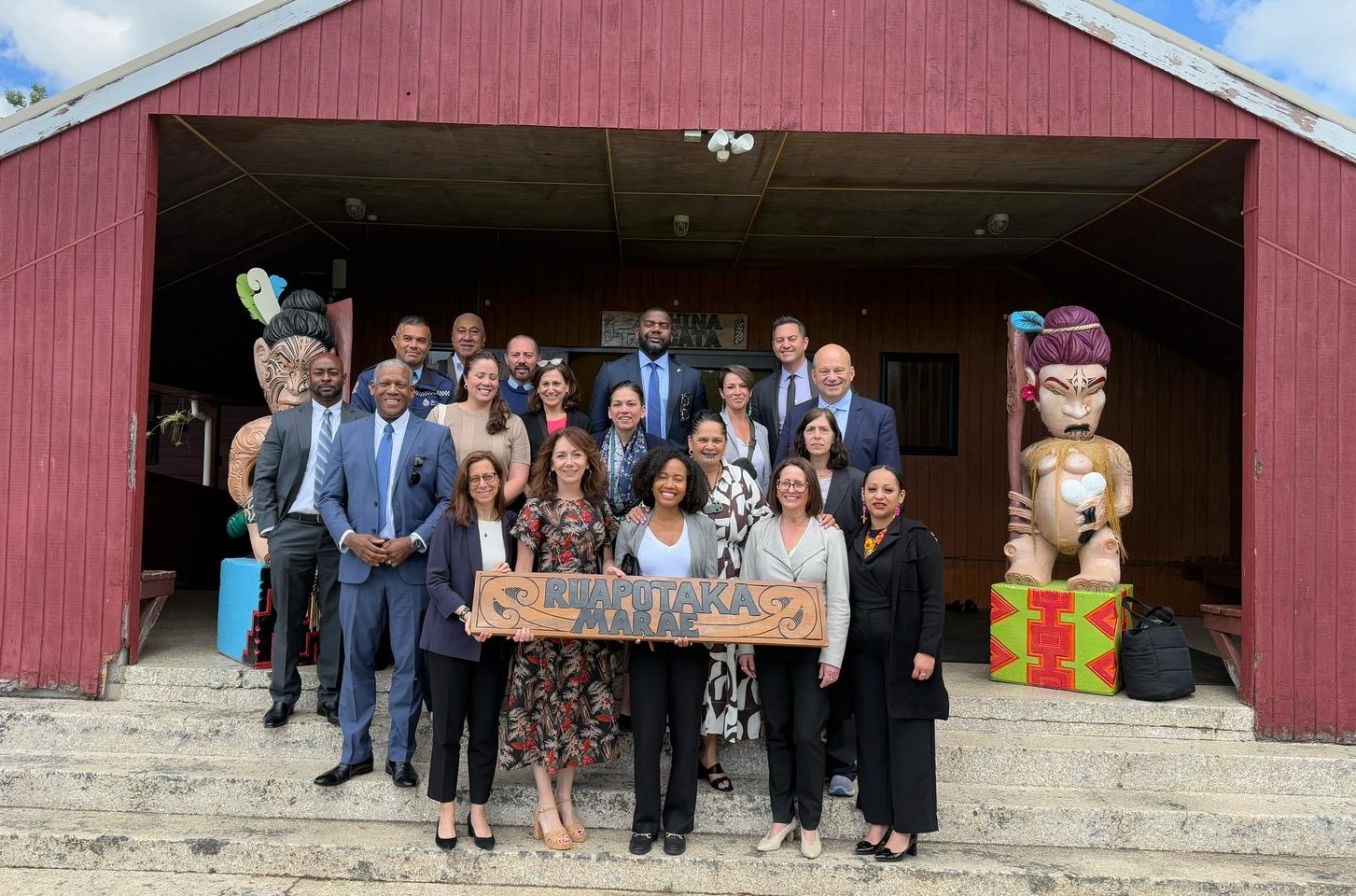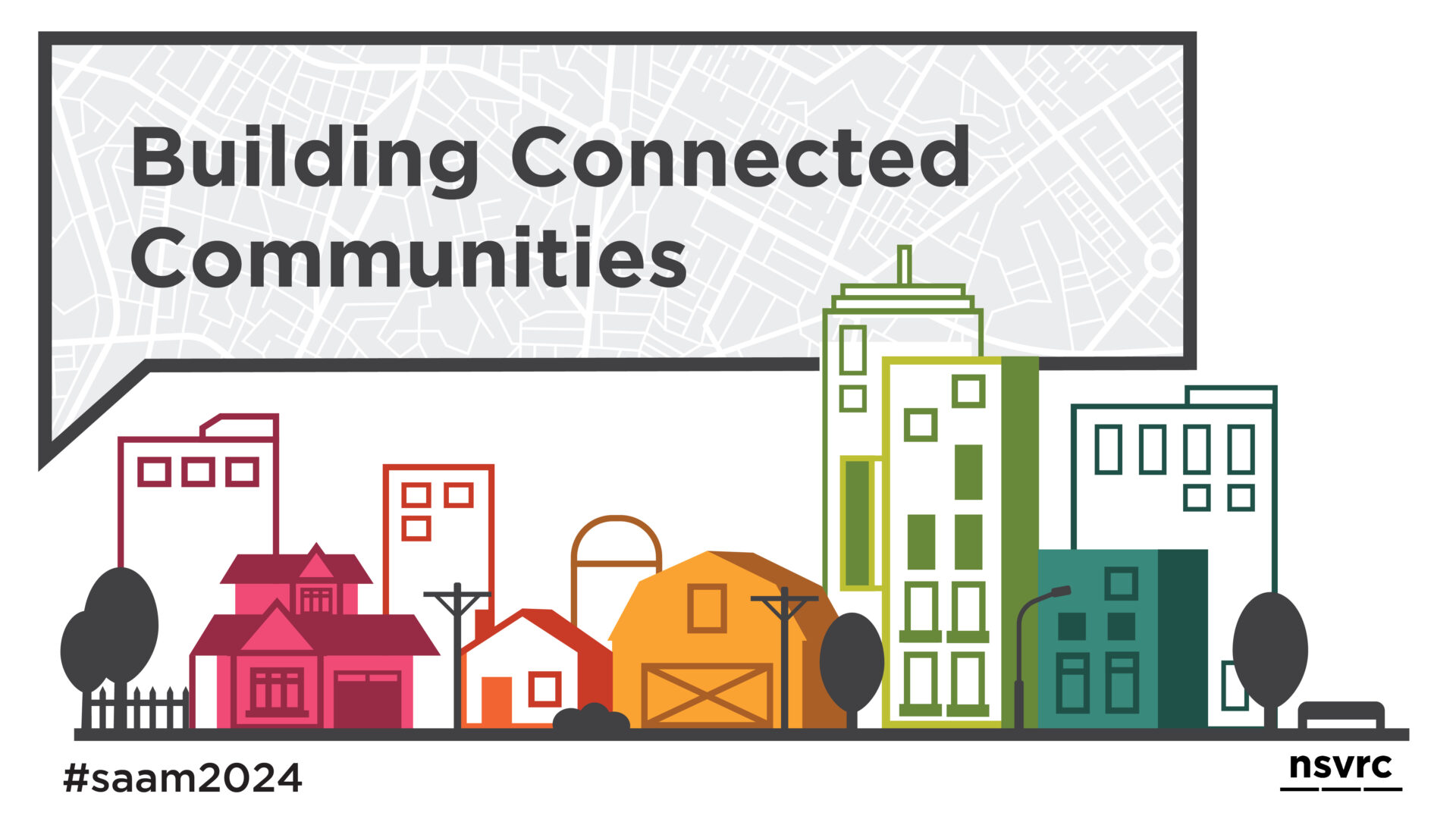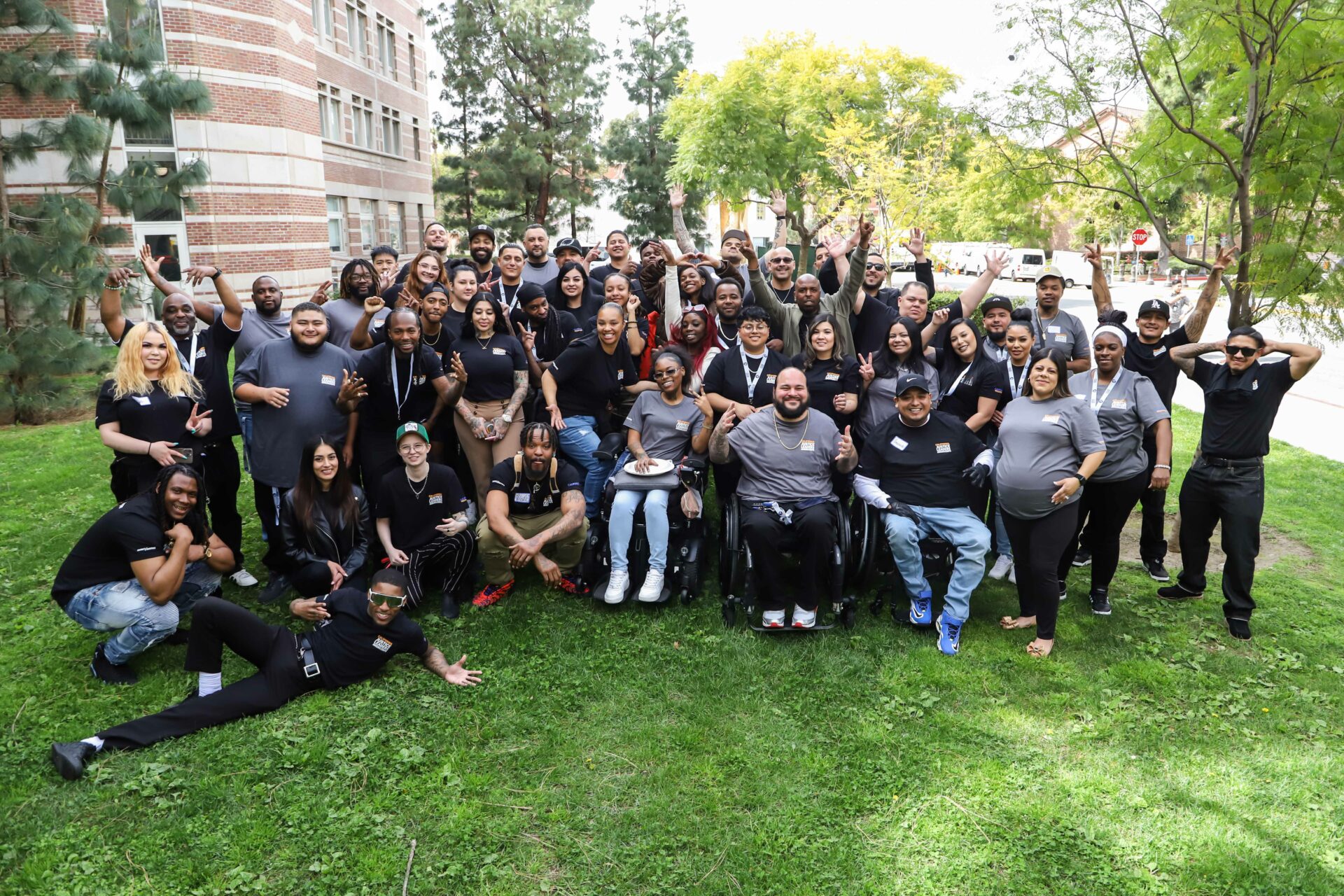The Homecoming Project’s goal for every participant is a healthy, community-orientated, and self-supported lifestyle. Homecoming helps with that, providing each participant with six months of free housing, which enables participants to focus on their long-term goals. But it’s not just housing support that’s important during these six months. When participants secure a stable source of income while in the Homecoming Project, it greatly increases their chances of securing long-term housing.
Finding full-time work is one of the greatest challenges that previously incarcerated individuals face. Before they apply to a job offer, Homecoming participants are confronted with many barriers related to their recent reentry, such as obtaining a photo ID and learning how to navigate the internet, smart phones, and Zoom. And once they apply to a job offer, they are faced with another obstacle: addressing the gaps in their resume.
Because of this, our Community Navigators work extensively with participants to develop and implement individual employment plans. Despite the employment goals developed, the stark reality is, employers too often discriminate against people with a criminal record. And often have arbitrary background check requirements for employment.
However, organizations like CROP, Tamalpais College, CEO, Reentry Success Center, and Checkr are working to change the narrative. These organizations promote fair chance hiring practices that ensure individuals with a criminal record get a fair shot at employment. Simultaneously, organizations, like Rising Sun Center for Opportunity and West Oakland Job Resource Center, provide necessary (and free) job skills training to system-impacted individuals to help boost their resume, confidence and skill set.
In collaboration and partnership with these organizations, The Homecoming Project is working to change outcomes for formerly incarcerated people. To date, the Homecoming project has placed more than 70 system-impacted individuals into homes across Alameda and Contra Costa Counties. Many of those individuals, as Homecoming participants, have been recruited, hired, and promoted in organizations with fair chance hiring practices. Many have also found employment in the public sector, working at places like CalTrans and the Port of Oakland.
What You Can Do:
Inquire. Ask your organization if they actively hire and retain individuals with a criminal record. If they do, great! You can follow up and ask them how they ensure these individuals receive the resources needed to thrive at the organization. If they do not, begin the conversation about adopting fair chance hiring practices by simply asking “why not?” And provide them with resources or connect them to the organizations listed below.
Together, we can increase the number of organizations that use and promote fair chance hiring. Homecoming participants’ lives have been changed by the stable housing and individualized support they receive for free through the Homecoming Project, and the organizations who have opened their doors to hire individuals with criminal records. We know more organizations can become fair chance hiring sites, and believe they should. Learn more about fair chance hiring practices below:
- https://checkr.com/blog/getting-started-with-fair-chance-hiring
- https://www.rootandrebound.org/resources/ca-employers-fair-chance-hiring-toolkit/
- https://dkbfoundation.org/playbook-3/
(Featured) Photo of Homecoming Alumni Zach at Checkr, where he works as a Software Engineer.



